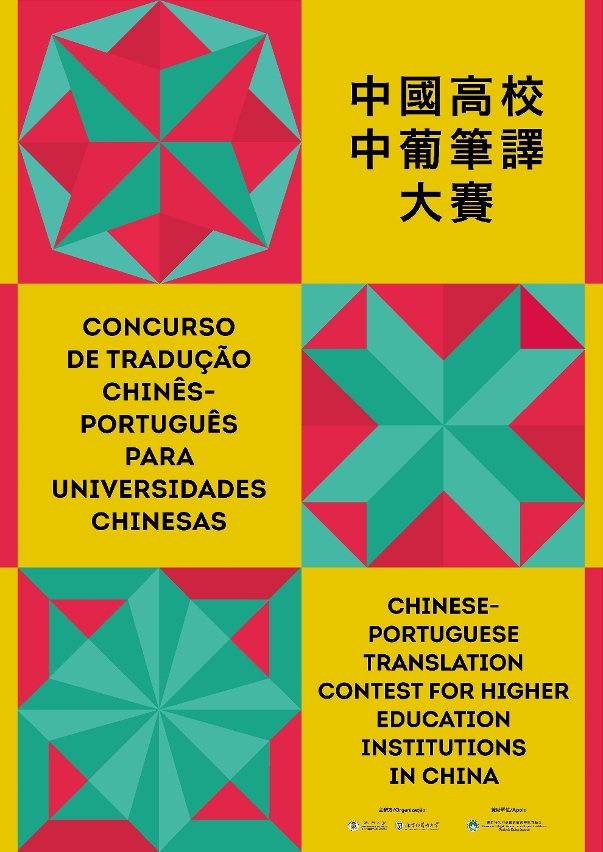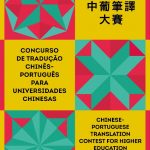 The final of China’s first inter-varsity competition in Chinese-Portuguese translation will be held at UM
The final of China’s first inter-varsity competition in Chinese-Portuguese translation will be held at UM
The final of China’s first inter-varsity competition in Chinese-Portuguese translation will be held on 28 October at the University of Macau (UM). The competition aims to promote communication between universities in Macao and mainland China and to provide a platform for students majoring in Portuguese language to put their knowledge and translation skills into practice.
There were two categories in the preliminaries: Chinese-to-Portuguese translation and Portuguese-to-Chinese translation. Through a rigorous evaluation process, 30 students (15 students from each category) have been selected to enter the final. In the final, a first prize, a second prize, a third prize, and five honorable mention awards will be presented in each category. Among the 66 submissions from 21 universities in mainland China and Macao, 27 of them belong to the Chinese-to-Portuguese category and 39 belong to the Portuguese-to-Chinese category. During the final, students are required to complete translation tasks within a designated period of time without using the internet or consulting reference materials.
The event is co-oragnised by UM and Beijing Foreign Studies University (BFSU) and sponsored by the Macao Higher Education Fund. Yao Jingming, head of the UM’s Department of Portuguese, and Ye Zhiliang, a professor from BFSU’s Department of Spanish and Portuguese, will serve as the president of the evaluation panels for the Portuguese-to-Chinese category and the Chinese-to-Portuguese category, respectively.


